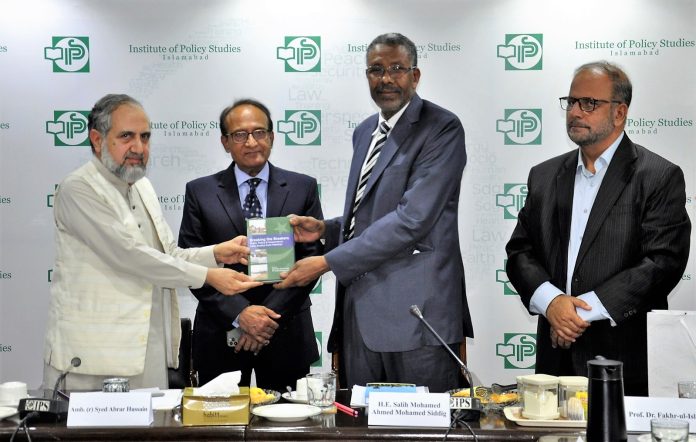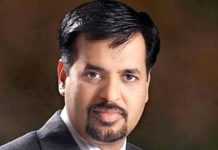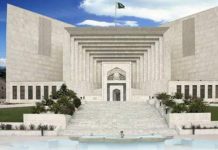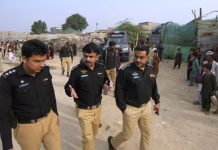The crisis is a major threat not only to any possibility of democratic transition but also stability and peace in the region
DNA
Islamabad, May 4: Sudan could have a peaceful democratic transition through indigenous solutions if the non-interference of certain foreign countries is ensured and the people are given the right to choose. This is because the Sudanese are capable of dealing with their problems, such as the current conflict, which has no ethnic dimension, said Salih Mohamed Ahmed Mohamed Siddig, the Sudanese ambassador to Pakistan.
He was speaking at a webinar, titled “The Crisis in Sudan: Implications for the Country and the Region”, organized by the Institute of Policy Studies, Islamabad. The hybrid seminar was moderated by Dr Tughral Yamin and addressed as keynote speaker by Sami Hamdi al-Hachimi, managing director, The International Interest UK and MENA expert, Ambassador (r) Imran Yawar, Ambassador (r) Manzoor-ul-Haq, Ambassador (r) Syed Abrar Hussain, vice chairman, IPS, and Dr. Fakhr-ul-Islam, director research and academic outreach, IPS.
The crisis is a major threat not only to any possibility of democratic transition but also stability and peace in the region, cautioned Salih Mohamed Ahmed. He denounced the rebellious actions of Rapid Support Forces and its violations against unarmed civilians and international norms and rules. In view of the situation, the Sudanese armed forces have adopted a strategy that allows limited and responsible use of force in compliance with international laws and norms, he stated.
He said the violence is creating a humanitarian crisis in the country and the region and it might lead to increased displacement, illegal immigration, international organized crime, etc. He underlined that the issue must be resolved quickly owing to its potential for escalation and long-term regional and international implications. The ambassador called on the international community to provide humanitarian assistance and support for the cause of democratic transition.
Recapitulating the narratives surrounding the crisis, Sami Hamdi said that the political transition after the ouster of president Omar al-Bashir in 2019 was not democratic, but rather a negotiated one. This resulted in the delay in elections and ideological changes brought about by the sanctions imposed by the international community. These international powers are not ready to support a transition leading to an election owing to the fear that the Sudanese might choose the “wrong people”, he added.
Sami Hamdi underscored that only an incontestable democratic mandate via elections can liberate Sudan from such interventions and attempts at social engineering by international actors. He urged that the Sudanese must restore democratic transition indigenously.
The crisis also has geopolitical and geostrategic aspects as certain foreign states have their own interests in the country, particularly because of vital shipping lanes in the Red Sea. A stable and democratic Sudan is indeed in the interest of the international community; however, until and unless foreign countries agree to not interfere, peace cannot be ensured, said Ambassador (r) Imran Yawar. He advocated indigenous solutions for African problems and reiterated that African states must not let international actors resolve their conflicts.
Dr. Fakhr-ul-Islam highlighted the Islamic identity of Sudan and advocated reconciliation between the warring parties. Adding to this, Ambassador (r) Manzoor-ul-Haq said that the Sudanese have the capability to resolve the issue. The country also has considerable political temperament and potential for democratic rule. If people are given the right to choose, they may go through the transition in a peaceful manner. Therefore, all regional states need to play a positive role in reaching a ceasefire and ensuring stability in Sudan, he added.
Ambassador (r) Abrar Hussain, while concluding the discussion, said that it is up to Sudan’s people to choose whatever they want for themselves in their own interests. The global community must support the indigenous decision of the Sudanese and must not intervene in any way, he added.

















